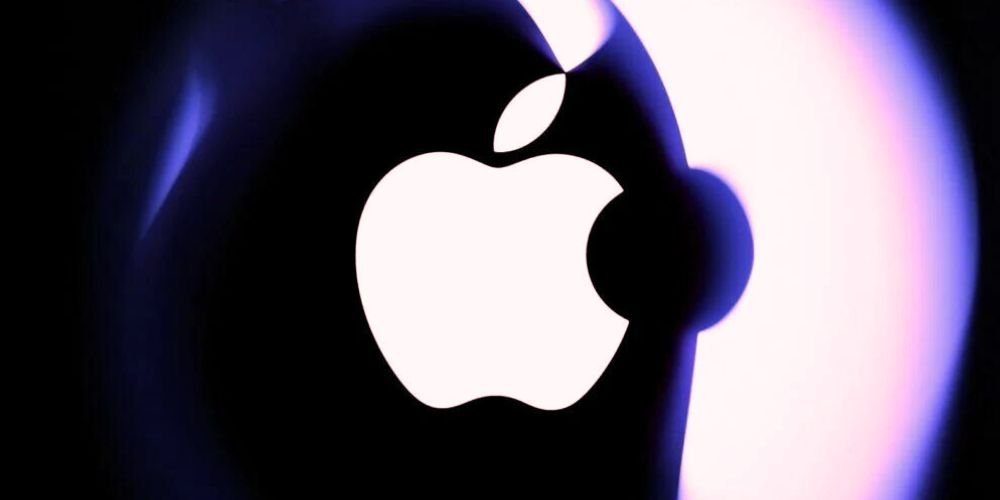Key Points
- Apple may face an imminent fine under the EU’s Digital Markets Act (DMA), becoming the first company to be sanctioned under this new regulation.
- The DMA requires Apple to allow third-party app stores, user-selected default browsers, and full accessory integration with iPad OS.
- Earlier this year, Apple was fined 1.84 billion euros under EU antitrust law for restricting music streaming competition on the App Store.
- Companies violating the DMA can be fined up to 10% of their global turnover, which could significantly impact Apple’s financials.
The European Union (EU) is expected to impose a fine on Apple Inc. (AAPL.O) this month, marking it as the first company to be penalized under the EU’s new Digital Markets Act (DMA), according to sources with direct knowledge of the matter. The upcoming fine follows antitrust charges filed against Apple in June, where regulators accused the tech giant of violating the DMA’s stringent requirements to curb the dominance of major technology firms in the EU market.
The DMA, enacted earlier this year, mandates that large tech companies like Apple facilitate competition by loosening restrictions that previously gave them control over app usage and distribution. Specifically, the DMA requires Apple to allow alternative app stores on iOS, grant users the ability to select their preferred default web browsers, and ensure that accessories like headphones and smart pens can access system-level features on devices like the iPad. Apple, which has so far limited access to its ecosystem and restricted third-party developers, was officially charged by the EU Commission under this law in June.
Although the exact timing of the fine is subject to change, the anticipated penalty would be another blow to Apple, which has been facing escalating regulatory scrutiny in Europe. In March, the EU fined Apple 1.84 billion euros ($2.01 billion) for allegedly limiting competition against music-streaming apps on the App Store—a first for Apple under EU antitrust law. Additionally, Apple is currently under investigation for imposing new fees on app developers, which could further impact its standing with European regulators.
Companies can face penalties of up to 10% of their global annual turnover for non-compliance with the DMA. For Apple, such fines represent significant financial consequences and a signal that the EU is serious about leveling the competitive landscape in the technology market. Alongside the DMA charge, Apple also lost a major court battle with the EU in September, resulting in an order to repay 13 billion euros in back taxes to Ireland, further compounding the company’s regulatory troubles.




